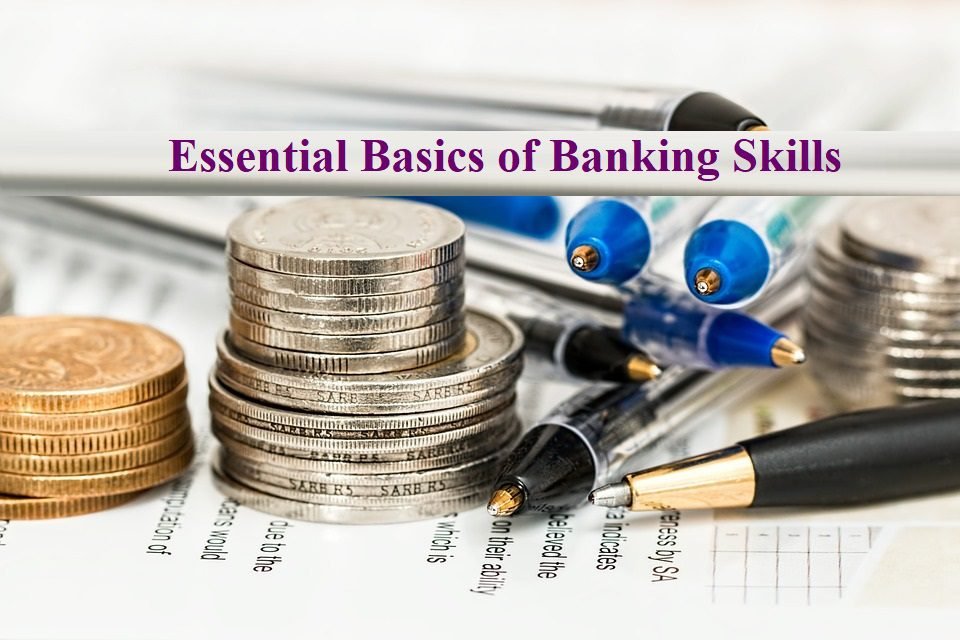Wealth management is among the most rewarding career opportunities out there for people aspiring to make a career in the banking and finance segment. The global wealth market is valued over $55,000 billion and continues to grow with the rapidly increasing globalization and the use of progressive technology in the financial landscape.
The role of a wealth manager is very dynamic and requires a diverse skill set to succeed in the domain. Before jumping over to skills for wealth management, let’s understand what it entails.
What does wealth management entail?
Wealth management can be understood as an investment consultative services that incorporate a range of financial services to cater to the needs of affluent clients who generally have a very high net worth. It entails advising the client on various investment avenues and financial instruments after assessing their investment needs, objectives and risk appetite, etc. A wealth manager is more like a financial advisor for wealthy individuals who are looking to manage their finances under expert guidance.
Let’s jump into the skills required to be a successful wealth manager!
Skills for Wealth Management

Now that you know what wealth management entails, you can easily figure out that it requires a diverse skill set to succeed as wealth managers are responsible for holistic wealth management instead of specializing in a specific field.
There are three major skills that you need to hone if you want to be successful as a wealth manager.
Analytical Skills
You need to have strong analytical skills if you are entering the wealth management domain. You will have to provide personalized recommendations based on the individual circumstances of the client who might have varied objectives.
 In addition to this, you need to assess the performance and risk of various financial assets before making a recommendation. You also need to assess the changing market circumstances before providing any advice to your clients.
In addition to this, you need to assess the performance and risk of various financial assets before making a recommendation. You also need to assess the changing market circumstances before providing any advice to your clients.
Knowledge of financial instruments and markets
The more information you have about various financial products available in the market the better you will be able to guide and manage the wealth of your clients. A deep understanding of the financial instruments and markets is required to provide the best consultancy to the clients.
A clear understanding of the risk associated with any investment is needed to give transparent advice to your client and it will help to build your reputation and maintain long term relationships. You can even opt for wealth management courses to get a comprehensive understanding of the market and financial instruments.
Communication skills and customer service
This one goes without saying, it’s all about assessing the individual needs of your clients, and to do that you will need to have good interpersonal and communication skills. Everything breaks down to you explaining the investment to your clients and if you are not good with the communication part you might not be able to convince your clients.

The customer is at the center of it all and you need to provide the best customer service if you want to maintain a long-term relationship with the clients.








